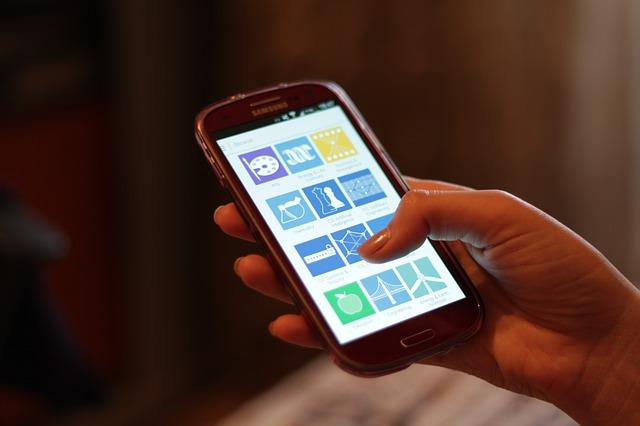A revolution began on Jan. 9, 2007 when Apple announced its summer release of the iPhone.
Smartphone owners seem to rely on their beloved phones for everything nowadays whether it be connecting with friends, purchasing clothes or paying bills. In a world where everyone believes to be getting smarter, our smartphones might be doing the exact opposite — dumbing us down.
A Pew Internet Study determined an astounding 98 percent of 18 to 29-year-olds are smartphone owners. As digital natives it is no surprise smartphone use is skewed toward younger demographics.
These young smartphone users may be at risk the most to negative effects of smartphone use.
A recent Kent State study looked for a correlation between daily smartphone use and college GPA. Their findings revealed students who spend more time on their smartphones have significantly lower college GPAs than similar students who use their smartphones less.
It’s not hard to believe that our smartphones have become a distraction to academics. Simply walk down any street on campus and most people will be checking their phones. If students can’t walk without checking their phones, how are they supposed to study without checking them?
Studies have looked at how attached Americans have become to their phones and the findings aren’t encouraging.
A Gallup Panel survey of 15,747 members revealed 81 percent of respondents have their phone with them during all waking hours. People have become so consumed by their smartphone that more than half of smartphone owners, 63 percent, bring their phones to bed with them while they sleep.
More than seven in 10 young smartphone users check their phone a few times an hour or more, while 22 percent admit to checking it every few minutes.
What’s more worrisome is research studies have shown people suffer from phone separation anxiety.
A 2015 University of Missouri study measured college students’ physiological reactions when their iPhones were ringing across the room, but the students were unable to answer them. Students’ blood pressure and heart rates increased in addition to self-reported levels of anxiety and unpleasantness.
Students were given a puzzle to solve and placed in the same situation of being unable to answer their phone. The distraction of students’ smartphones hindered their ability to solve the puzzle, revealing impaired cognitive performance.
What’s most disturbing is that respondents from that study reported a physical lessening of themselves. The evidence exists that people have become too attached to their smartphones and literally feel their smartphone is an extension of their being.
The endless capabilities of smartphones have overwhelming effects on users. While we are using smartphones, we become cognitively impaired. And in situations when we can’t use our smartphones we are cognitively impaired.
It has become that smartphones are now too complex and capable for our own good. As a nation of smartphone addicts, it might be a good idea to recognize our relationship with smartphone isn’t as healthy as previously thought.
Ryan Smith ([email protected]) is a senior majoring in strategic communications. If you’re concerned about your relationship with your smartphone, take this Huffington Post quiz.














